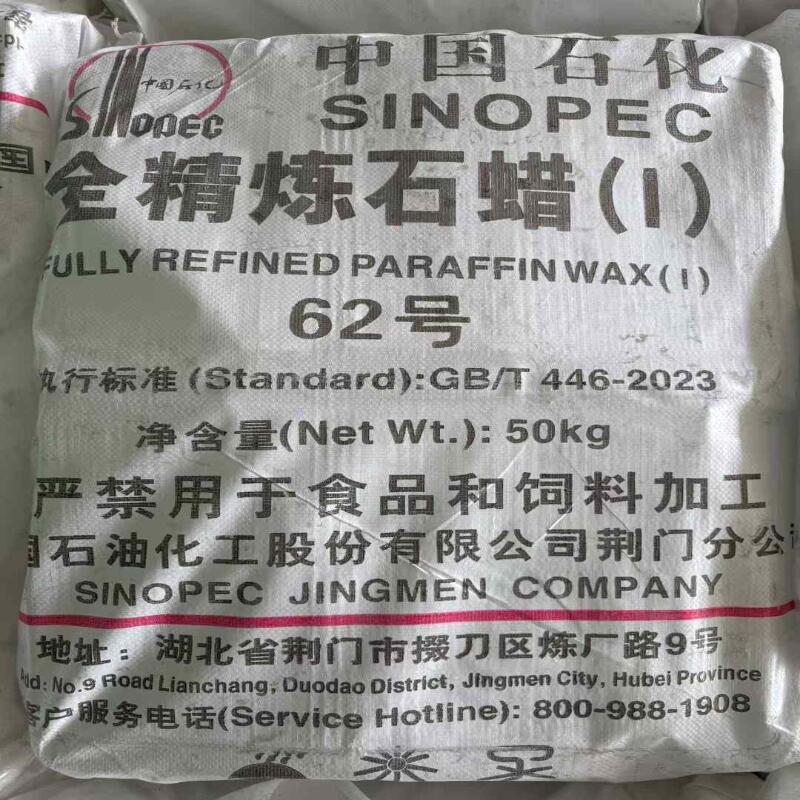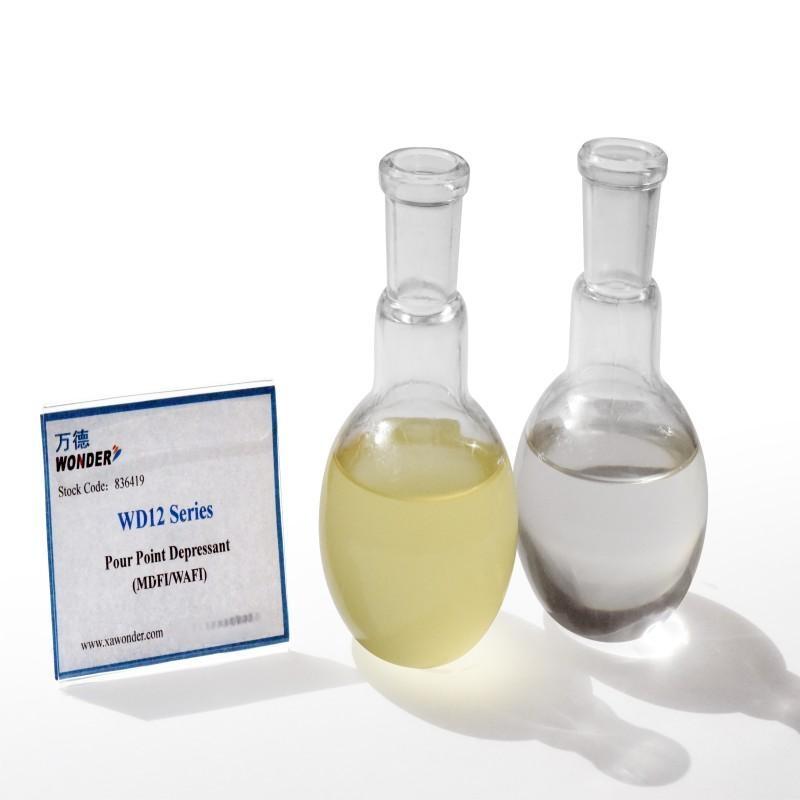-
Categories
-
Pharmaceutical Intermediates
-
Active Pharmaceutical Ingredients
-
Food Additives
- Industrial Coatings
- Agrochemicals
- Dyes and Pigments
- Surfactant
- Flavors and Fragrances
- Chemical Reagents
- Catalyst and Auxiliary
- Natural Products
- Inorganic Chemistry
-
Organic Chemistry
-
Biochemical Engineering
- Analytical Chemistry
-
Cosmetic Ingredient
- Water Treatment Chemical
-
Pharmaceutical Intermediates
Promotion
ECHEMI Mall
Wholesale
Weekly Price
Exhibition
News
-
Trade Service
Industry insiders and a U.
S.
official told the media that Russia could get enough tankers to carry most of the oil and exceed the new price ceiling
set by the G7.
Months of discussions between the United States and numerous insurance, trade and shipping companies have tempered their concerns about the risk of sanctions, but now all sides realize that Russia can largely bypass sanctions
on its own ships and services.
The G7 agreed last month to cap the price of Russian oil by Dec.
5, sparking panic among key players in the global oil industry, which feared the move could paralyze
global trade.
Forecasts for the resilience of Russia's oil trade and details of discussions between the United States and the global oil and services sector have not been previously released
.
A U.
S.
Treasury official said it is not unreasonable
to expect 80%-90% of Russian oil to continue to flow outside the price-cap mechanism.
If the country refuses to comply with the price cap, its crude and refined products exports will only fall by 1-2 million b/d
, the official said.
Russia's oil exports in September exceeded 7 million b/d
.
The price cap could cause financial and technical difficulties for Russia, but it would also reduce global oil supply
by 1%-2% at a time when rising inflation and recession are imminent.
The United States understands that in order to evade the program, some ships can change their country of ownership and trading entities are moved outside the
G7.
Russia will bear more costs
due to longer voyages and downgrading insurance and financing to subpar, the official said.
This gives the United States optimism that Russia will eventually be forced to sell oil
within the price ceiling.
Shadow fleet
Industry and policy veterans have seen the limitations of the price-limiting program, which at first appeared to target the entire Russian oil trade, but now its scope could be greatly reduced
.
Andrea Olivi, global head of wet cargo transportation at commodities trading giant Trafigura, said: "Theoretically, there is a large enough shadow fleet to continue transporting Russian crude
after December 5.
Many ships will be able to self-insure or be insured
by Russian P&I insurance.
”
JPMorgan believes that the price cap will have little impact and that Russia can almost completely avoid the ban
by gathering Indian and domestic ships.
That could result in Russia's exports falling by only 600,000 b/d
in December compared to September.
Norbert Rucker, head of economics at Swiss asset manager Julius Baer, said not only ships, but the services needed to keep ships and their oil cargoes moving, were constantly changing
.
Oil traders trading Russian oil are no longer from Switzerland or Britain, they are more from the Middle East
.
Hang as high as Haman?
P&I services firms that comply with EU law insure 95 percent of the world's shipped oil trade, meaning the EU's move could disrupt most of Russia's exports
.
With a potential global recession looming, energy prices have soared against the backdrop of an already serious cost-of-living crisis, which may have backfired
on countries imposing sanctions.
Insurance and shipping companies still believe they face sanctions risks
.
The European Union approved the price cap plan this month, but details of its implementation are yet to be announced
.
The U.
S.
official said the policy is tailor-made, so it's easy for companies to verify or prove that prices are below the ceiling
.
The purpose of the price cap, which is not to penalize industries, would allow them to retain proof without having to force it to be submitted to an institution
.
This is enough for insurers to require Russian oil buyers to commit in writing that the oil sold during their policy period is at or below the price ceiling
.
An industry official familiar with the matter dismissed the certification policy as positive and argued that the U.
S.
now understands that insurers cannot enforce it on their own
.
With six weeks to go until the sanctions take effect, the insurance industry still wants more details on how the proof works, another person said, and was concerned that EU regulations still did not mention the procedure or impose obligations
on insurers.
Daniel Ahn, former chief economist at the U.
S.
State Department, said countries that sanctioned Russia overestimated their ability to control global oil trade and changed and clarified their policies only to reduce self-harm
.
Ahn believes that this policy will only have a difference in the oil route and make life difficult
for others.
This would cause less damage
than a total ban on seaborne imports.
They shot themselves in the foot and were trying to bandage it
.







